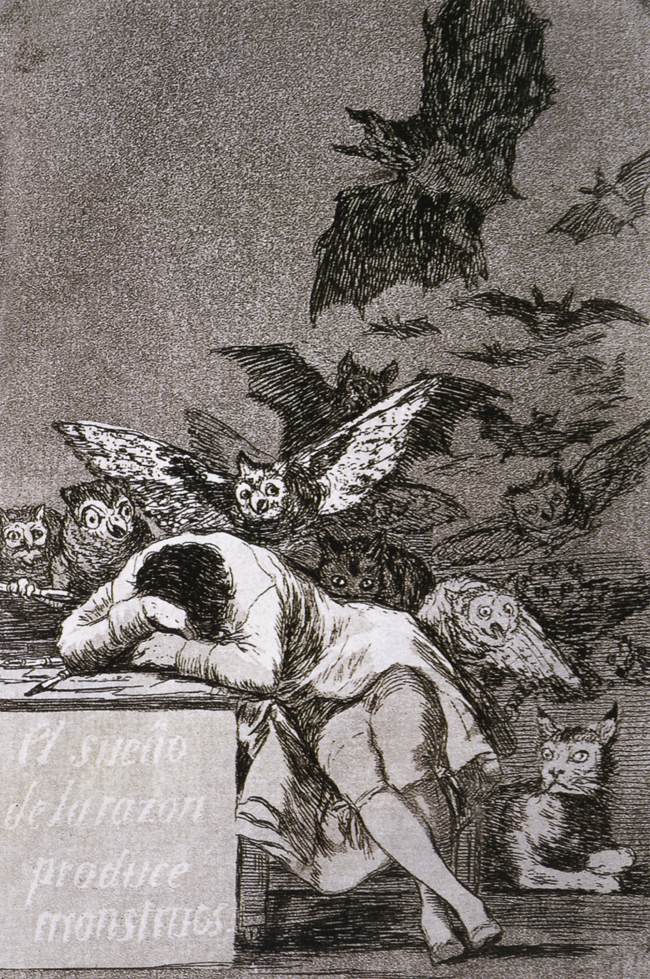 Johann Hari writing in the Independent on Monday appears to be rather enamoured of the enlightenment. The enlightenment philosophers argued that “instead of relying on divine revelation, we should closely observe the world around us and base a rational world-view on the empirical evidence we gather.” This is, so Hari believes, a truly wonderful vision. Those who oppose it like the Chapmans, whose work Hari rightly deplores, are basically in league with the “fascists and priests” who have sort to puncture and destroy it for the past 300 years. So unequivocal is Hari’s enthusiasm that he confidently declares that “Everything good about our world … comes from this project”.
Johann Hari writing in the Independent on Monday appears to be rather enamoured of the enlightenment. The enlightenment philosophers argued that “instead of relying on divine revelation, we should closely observe the world around us and base a rational world-view on the empirical evidence we gather.” This is, so Hari believes, a truly wonderful vision. Those who oppose it like the Chapmans, whose work Hari rightly deplores, are basically in league with the “fascists and priests” who have sort to puncture and destroy it for the past 300 years. So unequivocal is Hari’s enthusiasm that he confidently declares that “Everything good about our world … comes from this project”.This leads him to dismiss “post-modern” philosophy, of which the Chapmans work is apparently the “pure expression”. According to Hari “When you strip away our Enlightenment defences against psychosis” all you are left with is “immoral anger, celebrating injustice and cruelty as ‘transgression’”. This raises a number of questions. Can enlightenment thought really be neatly separated from all the bloody revolutions, fascisms, imperialisms and totalitarianisms that were a feature of modernist Europe? Was it really Hitler’s failure, as Hari seems to suggest, to “scrupulously adhere to fact, evidence and reason-based inferences” that produced the Nazi monster?
Hari is obviously not aware of the thesis of the dialectic of enlightenment where instrumentalized reason becomes irrational. Nor does he seem to realize that the kind of faith in facts and empirical evidence that he so applauds in enlightenment thought actually undermines his own moral critique of post-modernism. David Hume divorced facts from values and A.J.Ayer's philosophy of “scrupulous adherence to fact, evidence and reason-based inferences” led to the claim that moral judgements are strictly meaningless – a bit of a pain if you want to condemn the torture and destruction of human life.
So while Hari is right to criticise the facile rejection of the enlightenment expressed in the Chapmans work, he would do well temper his rather extravagant faith in the facts alone.
No comments:
Post a Comment